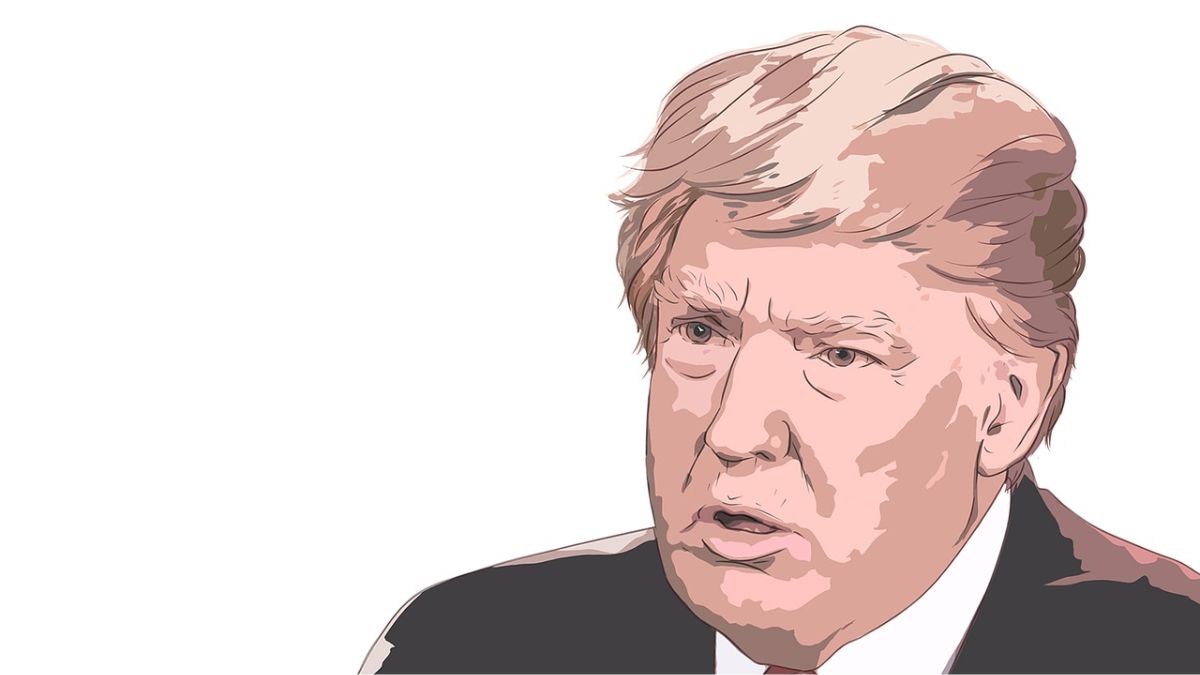
President-elect Donald Trump has stirred debates with his plan to establish a Bitcoin Strategic Reserve. By holding onto the government’s existing bitcoin and possibly acquiring more, Trump aims to position the U.S. as a global cryptocurrency leader. But how feasible is this plan, and what could it mean for taxpayers and the economy?
Key Details About the Proposed Bitcoin Reserve
| Aspect | Details |
|---|---|
| Current U.S. Bitcoin Holdings | $20 billion (obtained through legal seizures) |
| Proposed Acquisition | Accumulate 1 million bitcoins (~5% of all bitcoins) |
| Funding Source | Revalue $11 billion in gold certificates on the Federal Reserve’s balance sheet |
| Primary Goal | Strengthen U.S. cryptocurrency leadership and potentially reduce national debt |
| Key Risks | Cybersecurity threats, bitcoin price volatility, and taxpayer burden |
| Global Comparisons | Other major holders: China ($18.5B), U.K. ($6B), Ukraine ($4.5B), Bhutan ($1B), El Salvador ($582M) |
How Would a Bitcoin Strategic Reserve Work?
- Halting Bitcoin Selloffs:
The U.S. government currently holds bitcoin obtained through legal seizures. Trump’s administration plans to stop selling these assets and create a permanent reserve. - Acquiring Additional Bitcoin:
Senator Cynthia Lummis proposed acquiring 1 million bitcoins using revalued gold certificates. This move could establish the U.S. as the largest institutional holder of bitcoin. - Boosting Bitcoin Prices:
By reducing supply in the market, retaining and purchasing bitcoin could help elevate its price, benefiting existing investors and the government’s holdings.
Benefits of a Bitcoin Reserve
- Global Competitiveness:
Trump envisions the U.S. outpacing countries like China and the U.K. in cryptocurrency adoption, reinforcing its financial dominance. - Long-Term Value:
Proponents argue that bitcoin could act as a stable store of value over decades, much like gold. - Debt Management Potential:
Senator Lummis suggests using bitcoin reserves to gradually chip away at the $36 trillion national debt.
Risks and Challenges
- Cybersecurity Concerns:
Crypto wallets are vulnerable to hacks, posing a risk to federal assets. - Volatility:
Bitcoin’s price is unpredictable, with past fluctuations exceeding 70% in a single year. A downturn could directly impact taxpayers. - Public Approval and Legislative Hurdles:
Funding a strategic reserve would require congressional approval, which many experts see as unlikely. - Regulatory Barriers:
Fed Chair Jerome Powell stated the Federal Reserve cannot hold bitcoin under current laws, shifting the burden to Congress for legal amendments.
Expert Opinions
- Proponents’ View:
Advocates like Senator Lummis believe a bitcoin reserve could reduce reliance on fiat currency and safeguard long-term financial stability. - Critics’ Concerns:
Analysts like Owen Lau warn about the political and financial risks, noting that taxpayers would bear the consequences of bitcoin’s volatility. - Alternative Suggestions:
Experts like Michele Neitz advocate for regulatory clarity and fostering a crypto-friendly environment over creating a reserve.
Conclusion
Trump’s proposed Bitcoin Strategic Reserve could mark a bold shift in U.S. financial strategy, aiming to cement the nation’s leadership in the cryptocurrency space. However, challenges like price volatility, legislative barriers, and cybersecurity risks pose significant hurdles.
As the administration charts this path, the debate continues: Is a bitcoin reserve the future of financial security, or a gamble taxpayers can’t afford?

